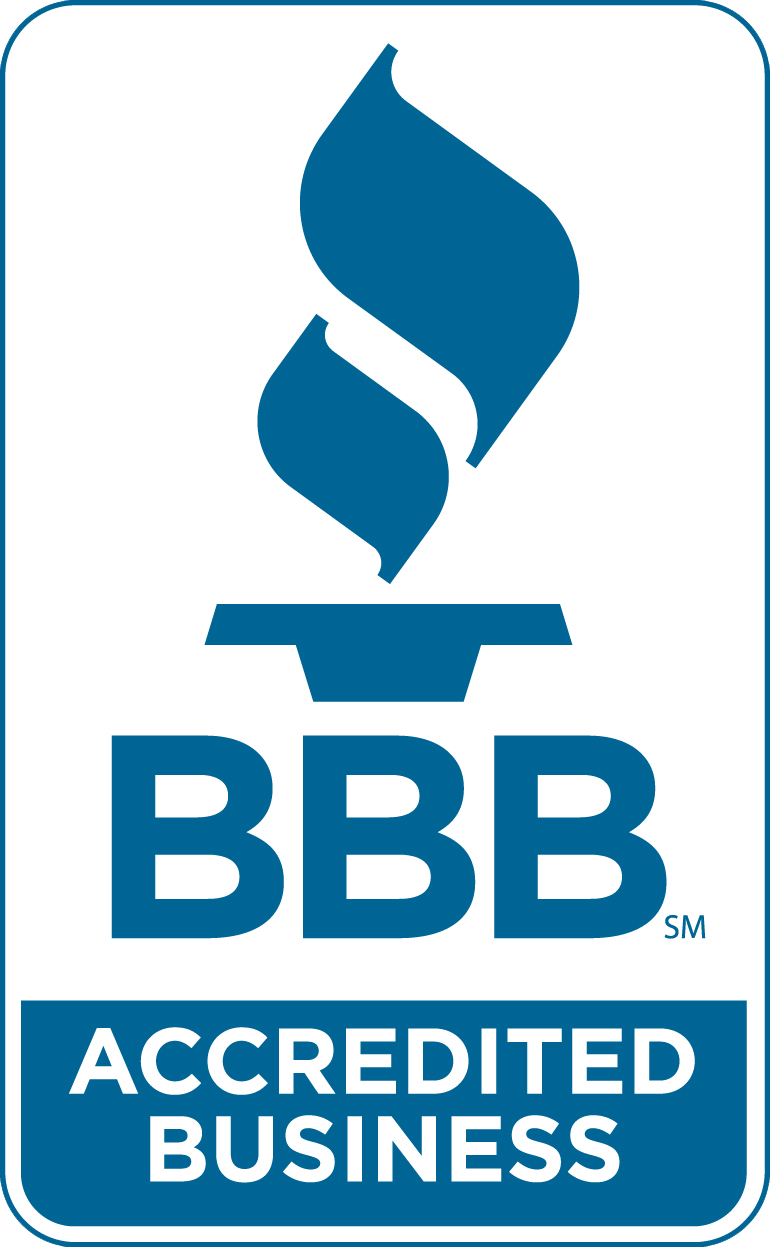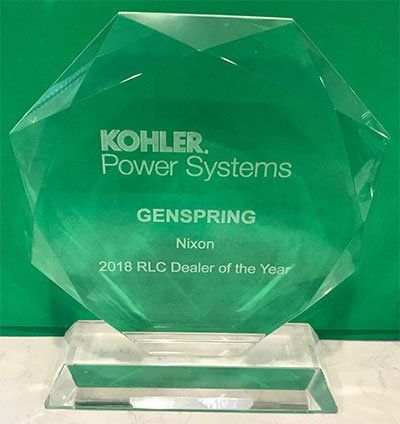Planning For A Home Generator Involves Understanding Your Options
Today’s home standby generators are fully automatic, self-contained and built to be permanently installed outside your home. They use an automotive style muffler and sound attenuation to limit sound to as low as the mid 60 db’s. Environmentally friendly natural gas or propane are the fuels of choice. The most popular small automatic home generators range in size from 7 to 20kW.
Several factors should be considered when choosing the site for your home generator: access to the fuel source (natural gas or propane), access to the primary electric service entrance or panel for the home and landscape considerations. Once you know what you want to accomplish with your generator system, there are three approaches: Whole House, Essential Circuits and Majority of Circuits.
Whole House
When the objective of maximum convenience and cost is not an important consideration, the whole house option is the ultimate in home generator systems. The advantage is that the homeowner does not experience any difference in the electrical power access when the utility power fails. Disadvantages of the whole house standby generator can include size and costs, initial, operation and maintenance.
Essential Circuits
Most consumers are looking for a more affordable home generator solution that will help them meet their essential needs when the utility power goes out. Those essential needs include heating, cooking refrigeration, selective lighting, security, telephone, well pump, home office and medical equipment. Typically, this option limits the homeowner from 10 to 16 circuits depending on the size generator selected. The advantages of this option are the smaller home generator size and lower costs. The disadvantages include lack of flexibility due to having to pre-select the protected circuits.
Majority of Circuits
For most homeowners, the option of offering the greatest flexibility with minimal inconvenience is the majority of circuits option for a home generator. The successful use of this option depends on the size of the home, electric panel size, and which energy is used (gas or electric) to serve the larger energy consuming appliances. The effective use of this option requires the right technology and Common Sense Conservation.
Power Management Technology Can Save You Money
Technology has made today’s home generator systems smarter than ever before. Smarter means that with our home standby generator solutions we can manage and prioritize your homes larger electric loads to give you the power you need, based on what’s most important to you. The benefit for you is a home generator system that cost less up front, takes up less space, is quieter and more energy efficient. GenSpring Power is the leader in Georgia in using home generator power management technology in offering innovative generator solutions for our customers.
Contact Us
Clayton Preble, Founder
Glenn Preble, President
Scott Preble, Vice President – Service & Operations
Power you can depend on, people you can trust.
Quick Links
GenSpring Power is a registered trademark of GenSpring Power Inc.
Website by Lift Division




